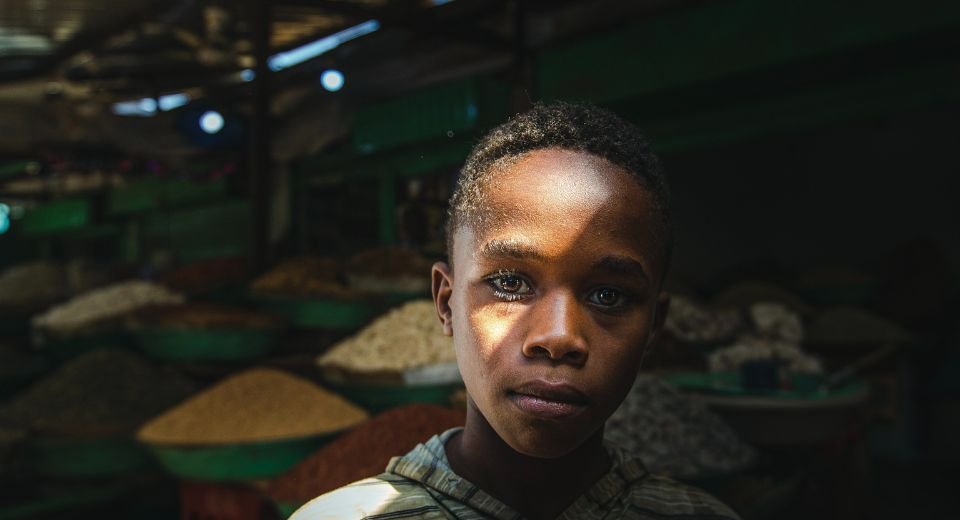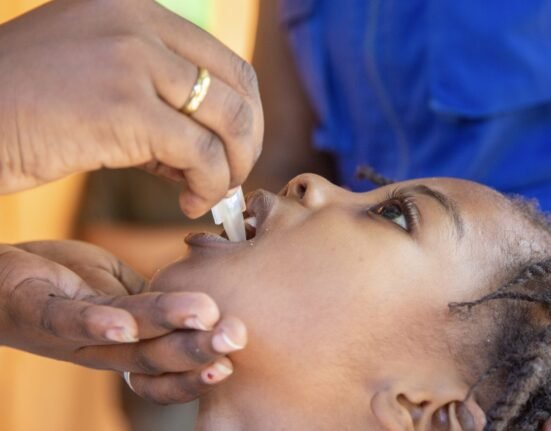HQ Team
April 19, 2023: The WHO called on Sudan’s warring factions to refrain from attacks on healthcare personnel, as about 270 people died in a recent outburst of violence between the army and paramilitaries.
“As challenges related to access to healthcare increase and health personnel face limited resources to treat patients, the safety and sanctity of healthcare must be always protected,” according to a statement from the global health agency.
Access to lifesaving services becomes more vital in conflict situations, it stated. The “WHO strongly condemns reported attacks on health personnel, health facilities, and ambulances in Sudan.”
Sudan’s Ministry of Health Emergency Operations Center reported that 270 people had been killed and more than 2,600 people have been injured in the recent wave of the conflict, said Tedros Adhanom Ghebreyesus, WHO Director-General.
Tensions rose on April 15 when violent clashes erupted between the two warring factions in Khartoum, Sudan’s capital. Sudan borders the Red Sea, the Sahel region, and the Horn of Africa.
WFP workers’ deaths
The attack on healthcare providers, which appears to be increasing, has already led to at least three people killed and two injured. Moreover, they limit access to lifesaving health care, putting more lives at risk, Mr Tedros said.
“Tragically, three workers from WFP (World Food Programme) have also been killed,” he said. “The situation in the Republic of Sudan is deeply concerning.”
A 2019 uprising ousted the dictatorial leader, Omar al-Bashir. After his ouster, a bid for a democratic government failed, leading to a power struggle.
The Sudanese armed forces, loyal to Gen Abdel Fattah al-Burhan, are fighting with a collection of militia, the paramilitaries of the Rapid Support Forces (RSF), under the former warlord Gen Mohamed Hamdan Dagalo, also known as Hemedti.
“Reports of military strikes against health facilities, hijacking of ambulances while patients and paramedics are on board, looting of health facilities, and military forces occupying health facilities are deeply concerning,” the WHO Director-General said.
He said that attacks on health care are a flagrant violation of international law and the right to health.
Non-functional hospitals
“They must stop now. Parties to the conflict must ensure safe access of patients, health personnel, and ambulances to hospitals at all times. Patients need access to health services not only to treat injuries but for other essential and lifesaving services.”
Sixteen hospitals, including nine in Khartoum, are reportedly non-functional due to attacks, and 16 hospitals in Khartoum and other states, including Darfur states, are close to being non-functional due to staff fatigue and lack of supplies, according to the WHO statement.
Hospitals in Khartoum receiving injured people report shortages of blood, transfusion equipment, intravenous fluids, medical supplies, and other lifesaving commodities. Patients’ water, electricity, fuel, and food shortages are also being reported.
“The supplies that WHO distributed to health facilities prior to this recent escalation of conflict are now exhausted. It is also reported that some hospitals are already closed, or on the brink of closure, due to attacks, and a lack of medical personnel and medical supplies,” Mr. Tedros said.
Sudan’s strategic location and agricultural wealth have allowed regional actors to have their say. This has complicated the transition to a democratic government in the country. International nations like Russia, Saudi Arabia, and the US are also in the fray.
Attacks on health workers rising
Globally, violence against healthcare workers, facilities, and transport rose last year.
It had increased to 1,296 incidents, with 232 deaths and 452 injuries from 837 incidents, 279 deaths, and 424 compared to 2019, according to the WHO.
Humanitarian partners estimate that about 15.8 million people – roughly 32% of the population – will need humanitarian assistance in 2023 due to the conflict.
This increase of 1.5 million people compared to the previous year is the highest since 2011. This also includes a 2 million increase in the number of food-insecure people. Of the 15.8 million people in need, around 11 million require emergency assistance for life-threatening conditions related to critical physical and mental well-being and need life-sustaining support to meet minimum living standards.
Sudan also hosts over a million refugees and is a source, transit, and destination country for mixed movements of refugees, asylum-seekers, and migrants across the sub-region toward Europe and other destinations.
Malaria, dengue
The public health system is severely affected by years of underfunding, resulting in a lack of qualified health staff and insufficient access to basic and essential services.
The disease surveillance system is fragmented, with only 2,168 out of 6,300 total health facilities (34.4%) representing Sentinel Surveillance and 70% of health facilities lacking essential lifesaving medicines.
Sudan is the leading contributor to malaria in the Eastern Mediterranean Region, accounting for around 56% of cases, and is also endemic for the arboviruses chikungunya, dengue, and yellow fever.








